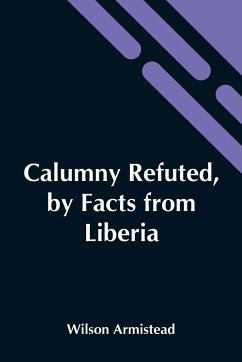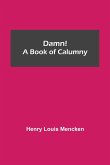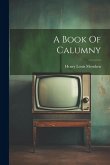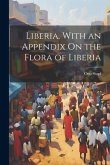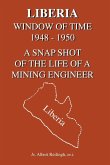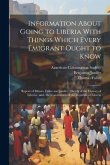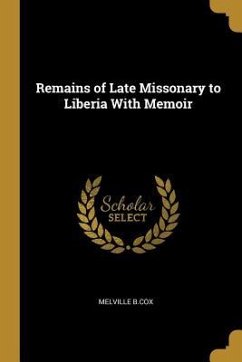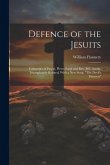Calumny Refuted, By Facts From Liberia: Presented To The Boston Anti-Slavery Bazaar, U.S., By The Author Of "A Tribute For The Negro.", has been considered by academicians and scholars of great significance and value to literature. This forms a part of the knowledge base for future generations. So that the book is never forgotten we have represented this book in a print format as the same form as it was originally first published. Hence any marks or annotations seen are left intentionally to preserve its true nature.

